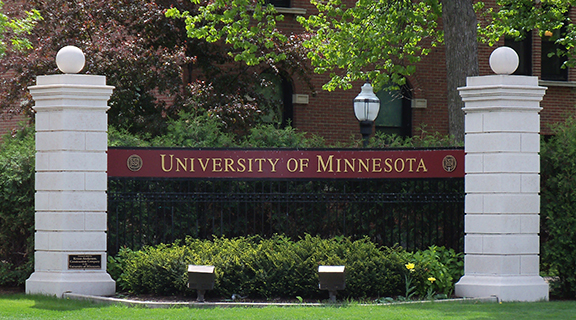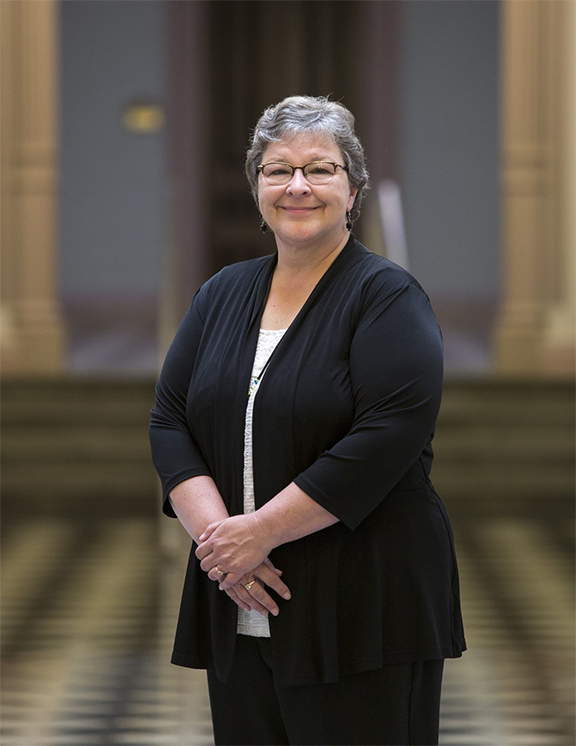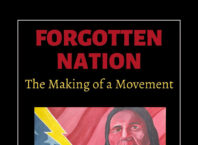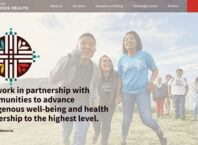
By Lee Egerstrom
Starting next school year, the University of Minnesota will offer full tuition free and greatly reduced tuition financial assistance to first year Native Americans from Minnesota and to transferring students from Minnesota’s tribal colleges.
University officials say this program will be among the most and possibly the most comprehensive free and greatly reduced tuition program in the nation.
It will apply to Native Minnesotans enrolling at the University’s Twin Cities, Crookston, Duluth, Morris and Rochester campuses. The tuition assistance program is available for new and tribal college transfer students who are enrolled members of Minnesota’s 11 federally recognized tribal nations.
It was not immediately known how many first-year students and transfer students will qualify for this aid or the potential cost to the university. Karen Diver, the former chairwoman at the Fond du Lac Band of Lake Superior Chippewa who now serves as senior advisor to the President for Native American affairs at the university, said the students and university will learn as they go.
It does represent a major commitment to Native education in Minnesota by the university, its leaders and Board of Regents, she told The Circle.
In a virtual event on the Internet with Diver on Nov. 11, University of Minnesota President Joan Gable said, “Our goal is to form mutually beneficial partnerships, research, policies, and practices that respect tribal traditions, languages, and governance.”
Gabel said she’s committed to building partnerships with the tribes and Native American students. The university wants to be a welcoming community that values belonging, equity, diversity and dignity for people and ideas, she said.
“In my view, this new program is a meaningful step to increasing access and continuing to improve retention and graduation rates while closing opportunity gaps for the state’s Native students. Ours is now among the nation’s most comprehensive free and reduced tuition programs for Native American students.”

Diver has held academic positions at the University of Minnesota Duluth, the College of St. Scholastica in Duluth and at Arizona State University and was special assistant to the President on Native American Affairs for President Barack Obama before taking the university position with Gabel.
She said this program was shaped through meetings with Minnesota tribal leaders on ways the university could help meet tribal needs. A key participant in those discussions was her colleague Tadd Johnson, who is senior director of American Indian Tribal Relations in the University’s Office of Equity and Diversity.
“Affordability and student support are among my biggest priorities and those of the Board of Regents,” Diver said in the virtual conversation with President Gabel.
The program is called the University of Minnesota Native American Promise Tuition Program and expands on a full waiver tuition program in place at the U’s Morris campus that acknowledges the campus’ past history and use as a Native American boarding school.
Here is how it will work:
Full tuition scholarships will be available for first-year and tribal college transfer students who are enrolled tribal members of Minnesota tribes from families with less than $75,000 in annual income.
Students from families earning up to $125,000 in annual income will be eligible to receive up to 80 and 90 percent discounted tuition scholarships.
Recipients must come directly from high schools or transfer from the Fond du Lac Tribal and Community College (Cloquet), Leech Lake Tribal College (Cass Lake), Red Lake Nation College (Red Lake) or White Earth Tribal and Community College (Mahnomen).
They must be degree-seeking students, enroll as full-time students, and maintain a 2.0 or better grade point average (GPA) in their studies. They must also complete the Free Application for Federal Student Aid (FAFSA) papers that are routinely required for financial aid and scholarships at colleges and universities.
Scholarships and financial aid programs can be found all across the nation. Many are just token gestures for people joining campus groups, or planning to major in specific academic fields. Some are specific to certain communities or schools. Others are keyed to attracting top notch students, are generous in support, but limited to a relatively small number of applicants.
Diver said she knows Massachusetts, Michigan and Montana are among states that have scholarship and financial aid programs for their residents. Some colleges and universities have programs for students from nearby communities.
Minnesota’s Native American Promise Tuition Program has the potential of the being the largest and least restrictive for a state’s Native students, she said.
The Circle found directories of more than 230 scholarship programs for Native American students online. None appeared at first glance to be as wide open and encompassing to a population as the new Minnesota program.
U.S. News and World Report magazine, which does extensive tallies on university costs around the nation, currently reports University of Minnesota-Twin Cities’ tuition as $15,253 for in-state students ($33,843 for out-of-state students) before financial aid and scholarships.
Other campuses have different tuition rates. Overall costs for on-campus or off-campus housing vary as well and affect the total annual student cost for an education.
For example, undergraduate tuition and fees for UMD for the current school year are listed at $13,576 for Minnesota residents ($18,776 for out-of-state students).
“Educational attainment is critical to sustaining healthy and prosperous communities, as well as self-determined citizens,” Diver said in the University’s initial announcement. “This is a significant step toward more equitably offering the access and opportunities that our students and communities need.”
Also, in step with the new financial aid program, the University said it will be reinforce existing student support programs for Native students on its campuses. These include the Circle of Indigenous Nations and the American Indian Cultural House on the Twin Cities campus.
Others include the American Indian Learning Resource Center at the UMD campus in Duluth, and American Indian support services at UMM campus in Morris.
“Tuition benefits for Native American students will provide more access to (UofM) than ever before,” Diver said. Along with the other Native support systems in place, it will help students complete degrees and graduate, and that, she added, “can dramatically alter the course of an individual’s life.”






